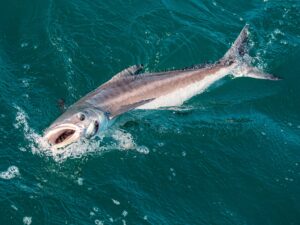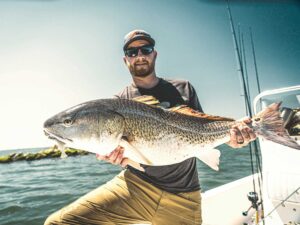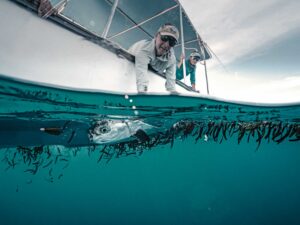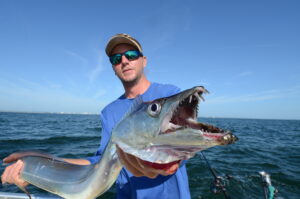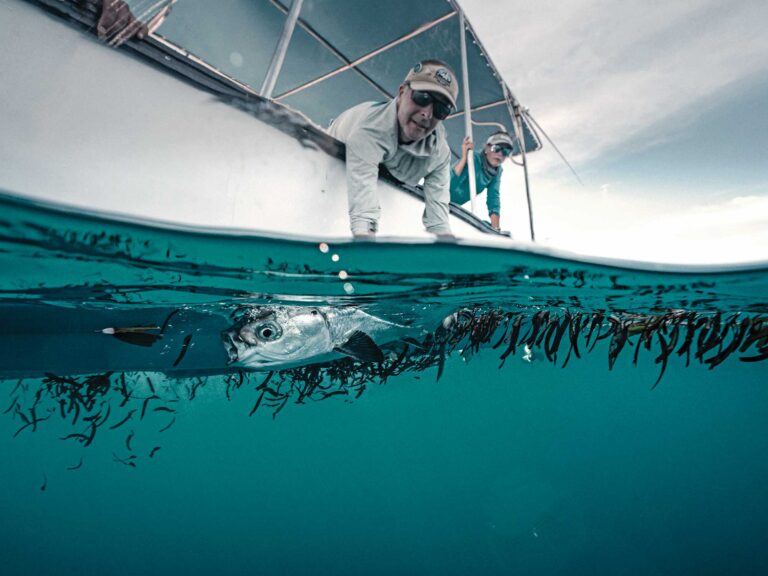The status of many marine fish stocks in the United States improved in 2000 according to a new report sent to the Congress by the National Marine Fisheries Service (NMFS). According to the federal fishery agency, its Year 2000 report if more comprehensive than past reports to Congress, and is intended to provide fishery regulators with additional information on stocks, differentiate between those stocks that are overfished and those where overfishing is occurring, and identify the actions being taken to identify the overfishing. NMFS claims to have 75 rebuilding programs in place with another four being developed. The report and marine fish stock rebuilding efforts are required under the 1996 amendments to the Magnuson-Stevens Fishery Conservation & Management Act(MFCMA or “Magnuson-Stevens Act”)
NMFS’ Year 2000 report included the findings that: there was no overfishing in 210 stocks in 2000, as compared to 159 stocks in 1999; there was overfishing in 72 stocks in 2000, as compared to 77 stocks in 1999. 145 stocks were determined not to be overfished in 2000, as compared to 122 stocks in 1999; 92 stocks were found to be overfished in 2000, as compared to 64 stocks in 1999. The increase in overfished stocks resulted primarily from a technical change in the report, according to the agency, rather than a sudden decline in the biomass of stocks; and five species approached an overfished condition in 2000, the same number as in 1999. The number of fish stocks whose status is either unknown or undefined remains large, with more than 600 stocks listed. However, the 2000 report attempts to define these stocks, listing them as either major stocks or minor stocks. Major stocks are those with total landings above 200,000 pounds annually.
Approximately 83 percent of unknown or undefined stocks are categorized as minor, which means they have limited landings or low economic value. The Magunson-Stevens Act requires scientists to both assess a stock’s biomass and the amount of that biomass that is harvested each year in relation to a specified overfishing definition to determine whether the stock is overfished and whether overfishing is occurring. NMFS must now notify the regional fishery management councils that they may be required to submit measures to end overfishing and rebuild those stocks determined to be overfished. The councils will have a year to submit amendments or prepare new FMPs for review and approval. The rebuilding programs must be as short as possible, but not exceed 10 years, except in cases where the biology of the stock, other environmental conditions, or management measures under an international agreement in which the United States participates dictate otherwise. The full report is available online at: www.nmfs.noaa.gov/sfa/reports.html.
